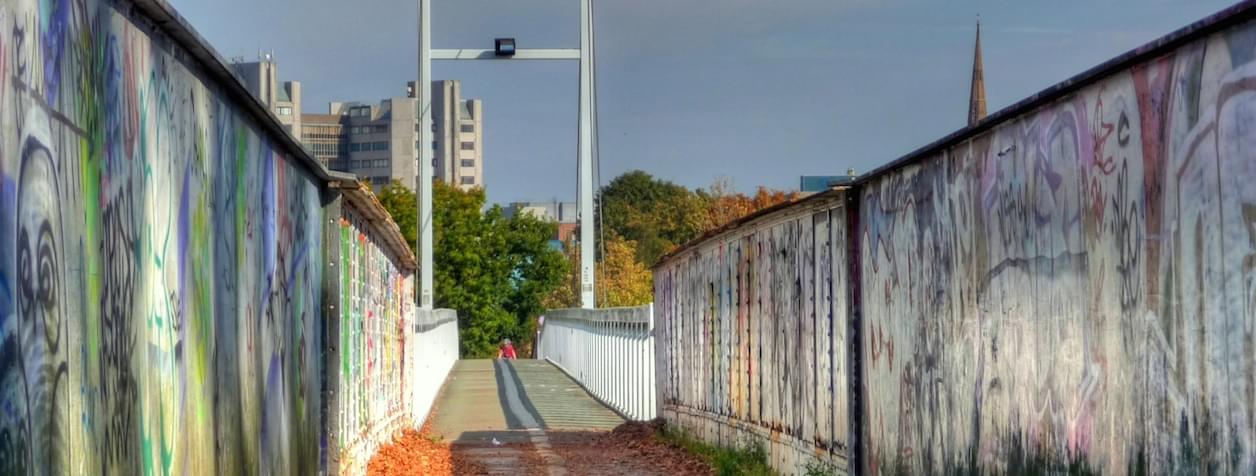Engaging with public policy
Elected representatives and those who work for them have a responsibility to build up the common good – the welfare of the entire community.
CSAN has a mandate to engage with policy makers at national and regional levels, as the official Catholic agency tackling poverty and injustice in England and Wales. Examples of our advocacy work can be found on our website and if you use Twitter you can follow us.
There are many ways for individuals and groups to get involved in politics and to ensure your voice is heard. Guided by the light of faith and the teaching of the Church, Catholics too should embrace opportunities to become involved in public life.
Here are some of the ways you can get involved:
- Engage with your local councillors, MPs, Welsh Assembly Members and other public bodies
- Respond to consultations and calls for evidence
- Join a political party
- Stand for public office – in particular, town and parish councils often have vacancies
- Vote
Engage with your MP, Welsh Assembly Member, local councillor(s)
Many of us may already engage with political candidates as we approach election time. During their terms in office, we should continue to let our elected representatives know of any concerns we have about government policy, proposed new legislation or an issue in our local community.
It is also very important to engage with politicians, not just as an individual, but also as a parish community. Parishes contribute positively to the life of the local community. Tell your local politicians about it! Whether you run a charity coffee morning, a night shelter, a youth group or other social action, it is important that we make sure our elected representatives know about this good work. Invite them along to an event and build up a positive link between them and your parish.
Find your MP in the UK Parliament.
Find your Welsh Assembly Member, if you live in Wales.
Respond to consultations and calls for evidence
Public bodies publish consultations to seek opinions on a particular policy area. Parliamentary committees may also publish a call for evidence on a particular issue they are considering.
Whilst it can be time consuming depending on the nature of the subject, it is important to engage with consultations. This is a key way in which the Government gets a feel for public opinion on a particular issue before they introduce new policy or legislation.
UK Parliament open calls for evidence and petitions
How to engage with decision makers
For individual Catholics who want to find out how to engage with decision makers, some introductory guides include:
How to organise a public meeting – produced by the National Justice and Peace Network.
Get to know your MP – guide from CAFOD.
The following materials, designed for a general public audience, may be helpful:
Influencing local government (pdf, 0.6mb) – a brief practical guide from the Sheila McKechnie Foundation/Democracy Matters.
Engaging with your Local Authority and Other Partners (pdf, 5mb) – produced by Commission
‘The Common Good and the Catholic Church’s Social Teaching’ (pdf, 41 pages) explores how to critique major concerns about our society, and how to contribute to a better society. It was published by the Catholic Bishops’ Conference of England and Wales shortly before the 1997 General Election. Much of it is still relevant in the nation today.

